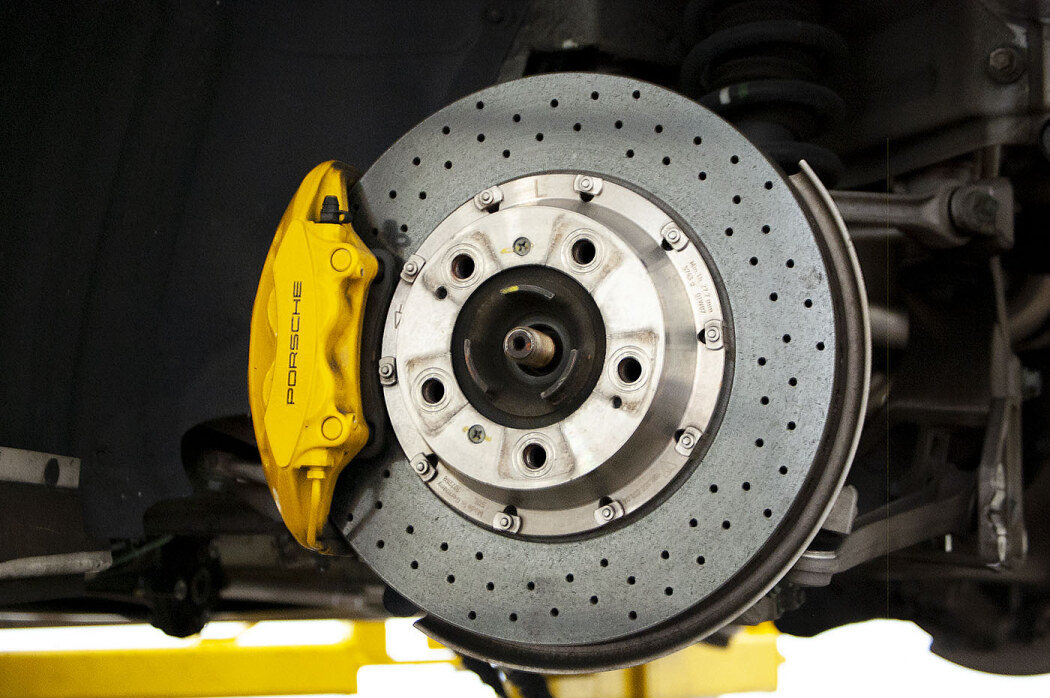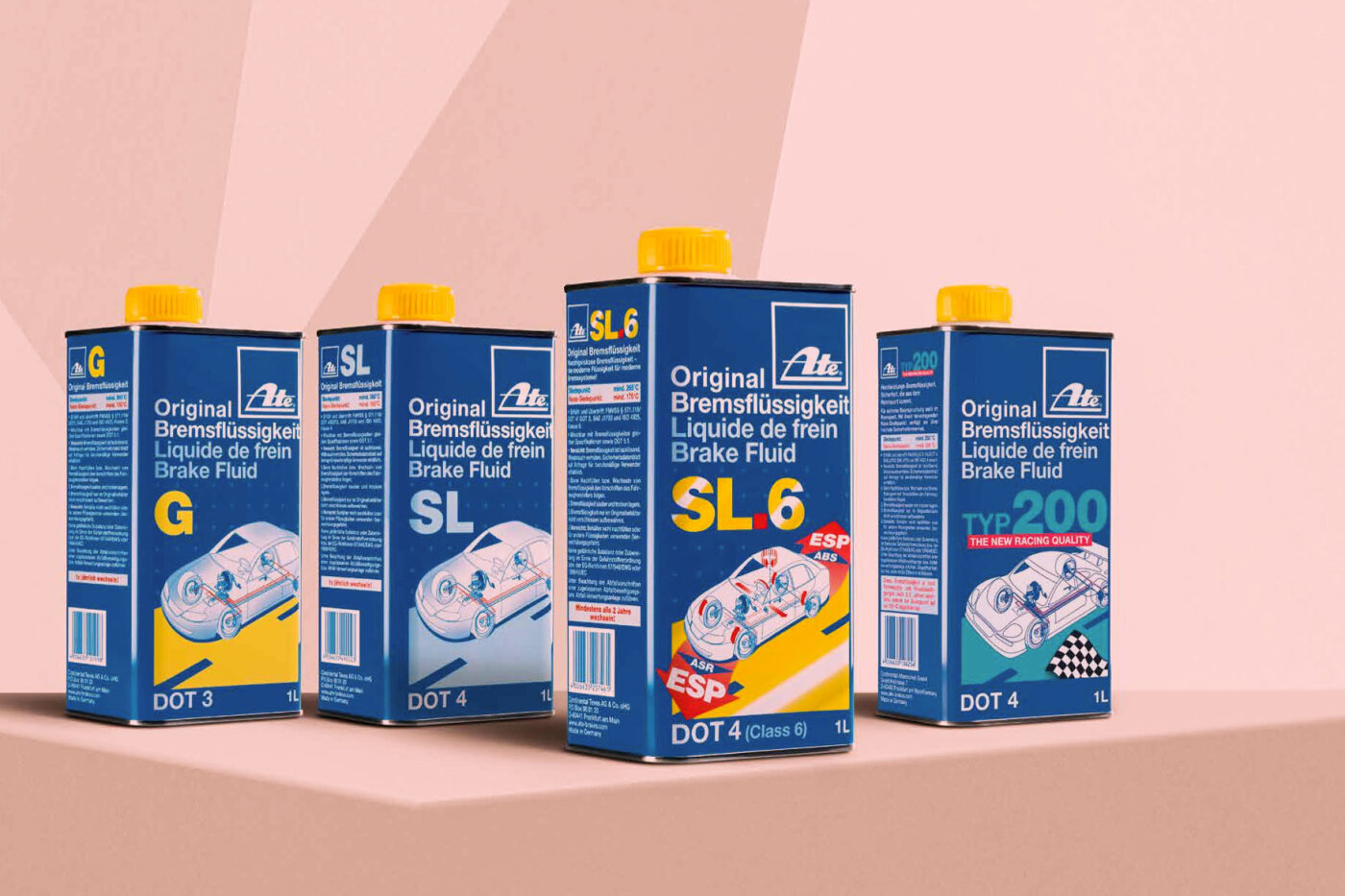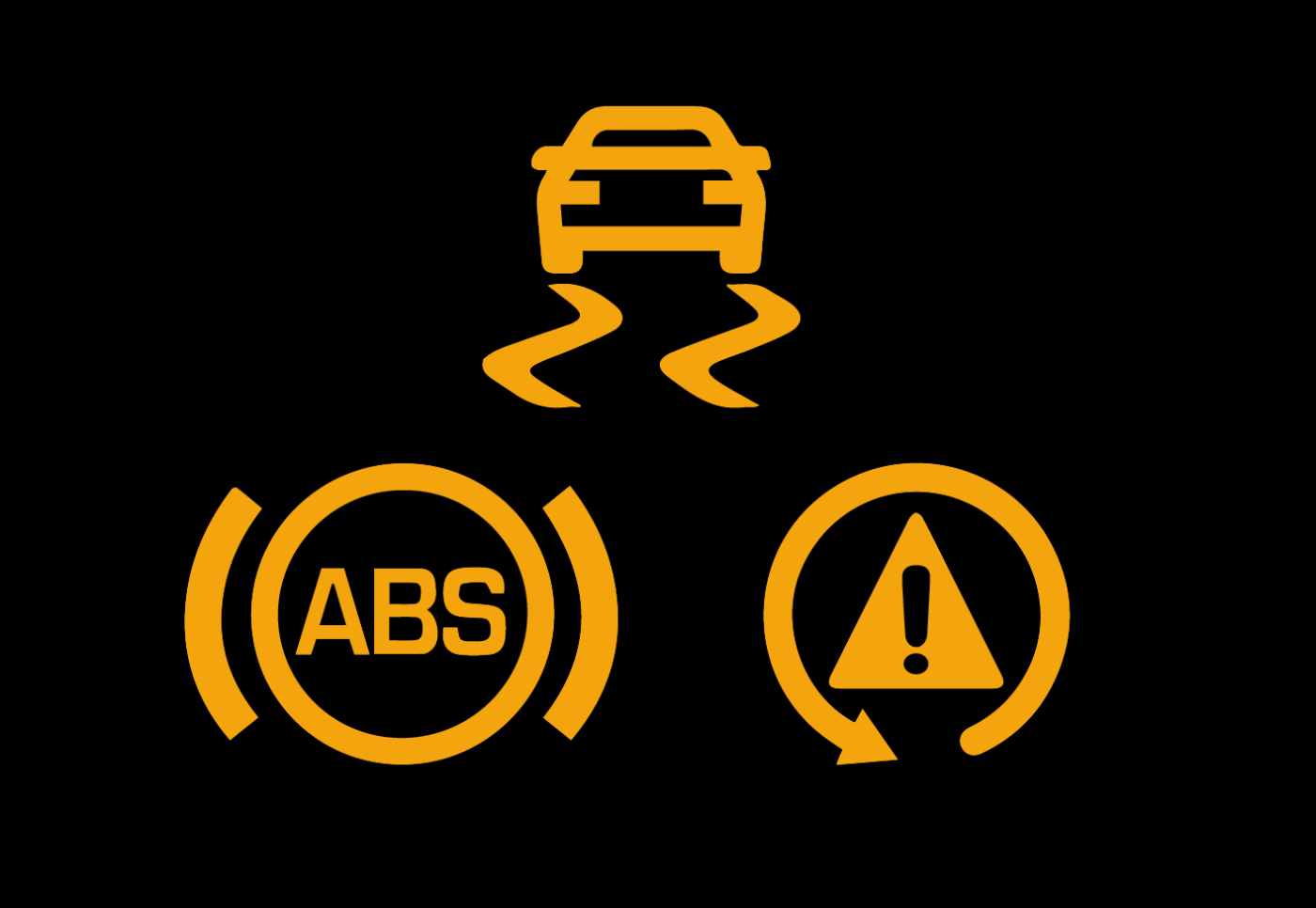Understanding Brake Maintenance
Justin
February, 2020

A properly functioning brake system depends on several components. The most well known (and visible) are the brake pads, calipers, and rotors.
Brake pads can wear down until the metal backing is actually touching the rotors which destroys the rotors and does not provide adequate friction for stopping.
Rotors can become grooved, glazed, wear too thin, and warp. This will increase stopping distance and warping will cause the wheels to shake when the brakes are applied, especially at higher speeds.
The brake calipers usually don’t have issues if the brake fluid was changed regularly and the car is not exposed to salt/harsh conditions. The pistons can stick or the mounting hardware can limit movement with can reduce performance or cause uneven wear. As long as the pistons move freely, the rest of the caliper hardware can usually be serviced/replaced.

The most overlooked components are the brake fluid, brake lines, master cylinder/booster, and ABS unit.
Brake fluid is a wear item that should be replaced regularly just like pads and rotors. Brake fluid absorbs water which decreases its boiling point and can start to corrode the brake components internally. For normal driving, once a year is usually sufficient.
Metal brake lines should be inspected for rust and rubber lines should be replaced based on age. A visual inspection can reveal dry, cracking hoses that need to be replaced.
The master cylinder and booster are what pushes the fluid to the brakes when you press the brake pedal. If the pedal is very soft or doesn’t hold pressure and all the other components are good, it’s probably a master cylinder. If the brake pedal is very hard it could be a failed booster.

The final component is the ABS module. The Anti-Lock Brake System module is responsible for getting the most effective stopping power from your brakes by modulating the pressure to each wheel. The goal of the ABS (anti-lock brake system) is to provide maximum braking to each wheel without locking the wheel and sliding. The ABS also plays a role in traction control. If any part of the ABS system is malfunctioning, you may lose the brake assist and traction control aspects of the system.
So what should you do to make sure your brakes are ready for anything? Bring your car in for an inspection and we will check for any errors from the braking system that are stored in the computer and complete an inspection of the entire car, including all brake components and fluids.
We provide quality parts and professional service and stand behind all of our work so you know you are getting the job done properly at an affordable price.
Call us or message us today!
